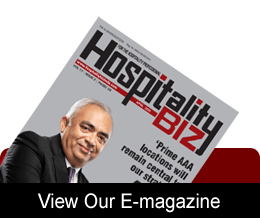The US hospitality sector is navigating a challenging 2025, marked by rising tariffs, recession fears, and operational pressures. Asset managers cite trade policies, escalating costs, and softening demand as key concerns, prompting hotels to adjust pricing, renegotiate contracts, and improve efficiency.
A recent survey among 80 asset managers reveals that 50% view tariffs as a major issue, while 60% worry about declining demand. Wage increases and reduced government spending are also significant pressures. Tariffs are particularly disruptive for midscale and select-service hotels, affecting renovation costs and project timelines.
Economic uncertainty looms large, with 49% of respondents predicting a recession in 2025, up sharply from six months ago. Hotels are responding by cutting budgets, delaying capital expenditure, and adopting new revenue strategies, such as dynamic pricing for F&B and ancillary services like parking fees.
Operational efficiency is a top priority. Asset managers are renegotiating supplier contracts, automating systems, and leveraging data analytics for better decision-making. Training programs are also being rolled out to bridge knowledge gaps and equip staff to manage new tools and processes.
Labor costs remain a challenge despite cooling wage growth. Hotels are focusing on retention through engagement programs and career development rather than unsustainable pay hikes.
With strategic agility, the industry is tackling these pressures head-on. By embracing innovation, streamlining operations, and adapting to market changes, US hotels aim to weather current economic challenges and emerge stronger.
Source: Skift


